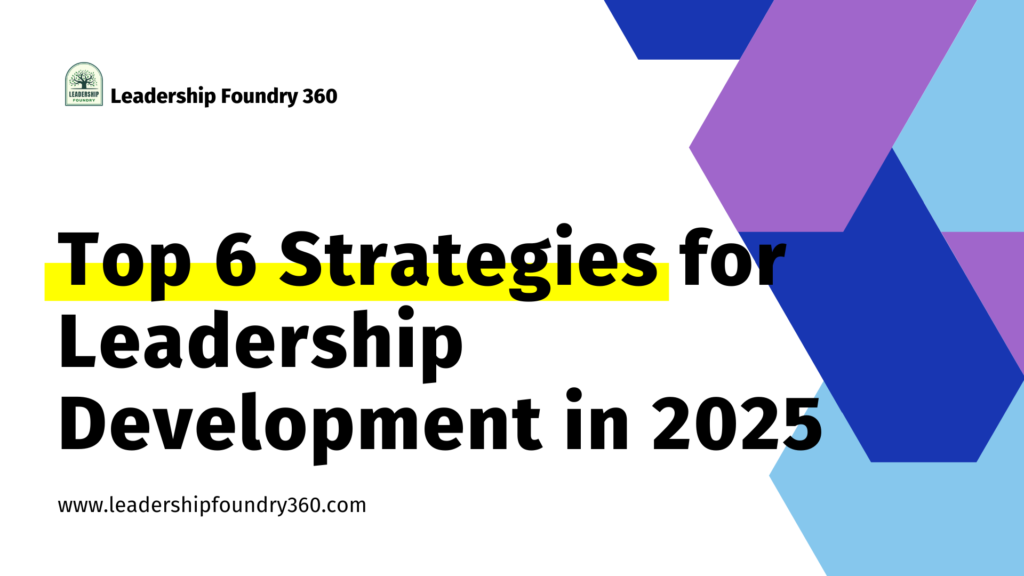📌 “We’re looking for someone with 2-3 years of experience for this entry-level role.”
Sound familiar?
It’s a phrase that has become the biggest contradiction in today’s job market—entry-level jobs that aren’t actually for beginners.
A recent Business Insider article highlights a disturbing trend:
🔹 Entry-level positions are disappearing.
🔹 Employers are demanding experience for beginner roles.
🔹 Gen Z is facing the toughest job market in decades.
And the worst part? It’s a problem that leaders can fix—but many choose not to.

Why Are Entry-Level Jobs Vanishing?
The hiring landscape has changed dramatically over the past decade.
Here’s what’s driving the entry-level job crisis:
1. Companies Want “Work-Ready” Candidates—Without Investing in Training
Employers now expect new hires to come in fully trained. The problem? Without entry-level roles, where do people get that experience?
Instead of creating training programs, many companies push the burden onto job seekers, expecting them to pay for expensive certifications or unpaid internships to get noticed.
📌 Reality Check: If we don’t invest in developing talent, we’ll end up with a skills gap that affects business growth long-term.
2. Economic Uncertainty Makes Hiring a Bigger Risk
With inflation, layoffs, and unpredictable market conditions, companies are hesitant to hire junior employees. Instead, they prioritize experienced professionals who can “hit the ground running.”
But this short-term mindset creates long-term damage. Without a pipeline of young professionals, who will lead in the future?
3. Automation & AI Are Replacing Junior Roles
With AI handling administrative tasks and software automating workflows, many traditional entry-level jobs are disappearing.
But that doesn’t mean companies should stop hiring juniors—it means they should redefine entry-level roles to focus on skills that AI can’t replace, like critical thinking, communication, and leadership.

How Leaders Can Fix This Problem
Leaders and hiring managers have the power to change this trend.
Here’s how:
1. Hire for Potential, Not Just Experience
Some of the best hires I’ve made weren’t the ones with the longest resumes. They were the ones who had:
✔️ A growth mindset
✔️ A willingness to learn
✔️ A strong work ethic
Instead of disqualifying candidates who don’t tick every box, look for transferable skills, adaptability, and problem-solving abilities.
2. Build Internal Training & Mentorship Programs
Instead of waiting for “perfect” candidates, develop them.
🔹 Offer internships that lead to real jobs
🔹 Create mentorship programs where senior employees guide juniors
🔹 Invest in learning & development rather than just hiring externally
Companies that prioritize employee growth attract top talent—and keep them.
3. Offer Skills-Based Hiring Instead of Degree-Based Hiring
Instead of requiring a specific degree or years of experience, consider skills-based hiring.
🔹 Test for real-world problem-solving skills
🔹 Assess adaptability & communication, not just technical expertise
🔹 Be open to candidates with alternative education backgrounds
This approach not only expands the talent pool but also makes hiring more inclusive.
4. Rethink Job Descriptions—Make Entry-Level Jobs TRULY Entry-Level
If your job post says “2-3 years of experience required” for an entry-level role, ask yourself:
💡 Is this really necessary, or are we just following outdated hiring trends?
Consider:
✅ Removing unnecessary experience requirements
✅ Highlighting soft skills over technical expertise
✅ Providing on-the-job training instead of expecting candidates to be fully trained on Day 1
The Future of Talent Is in Our Hands
If leaders continue to prioritize “perfect resumes” over potential, we risk losing an entire generation of talent.
📌 The next great CEO, manager, or entrepreneur is out there—
but they need someone to give them a chance.
What’s Your Take?
How do you think companies can make hiring more fair for entry-level candidates?
Drop your thoughts in the comments! Let’s discuss.
🔄 Share this with a leader who needs to rethink hiring!
🔔 Follow me for leadership insights that actually work.



